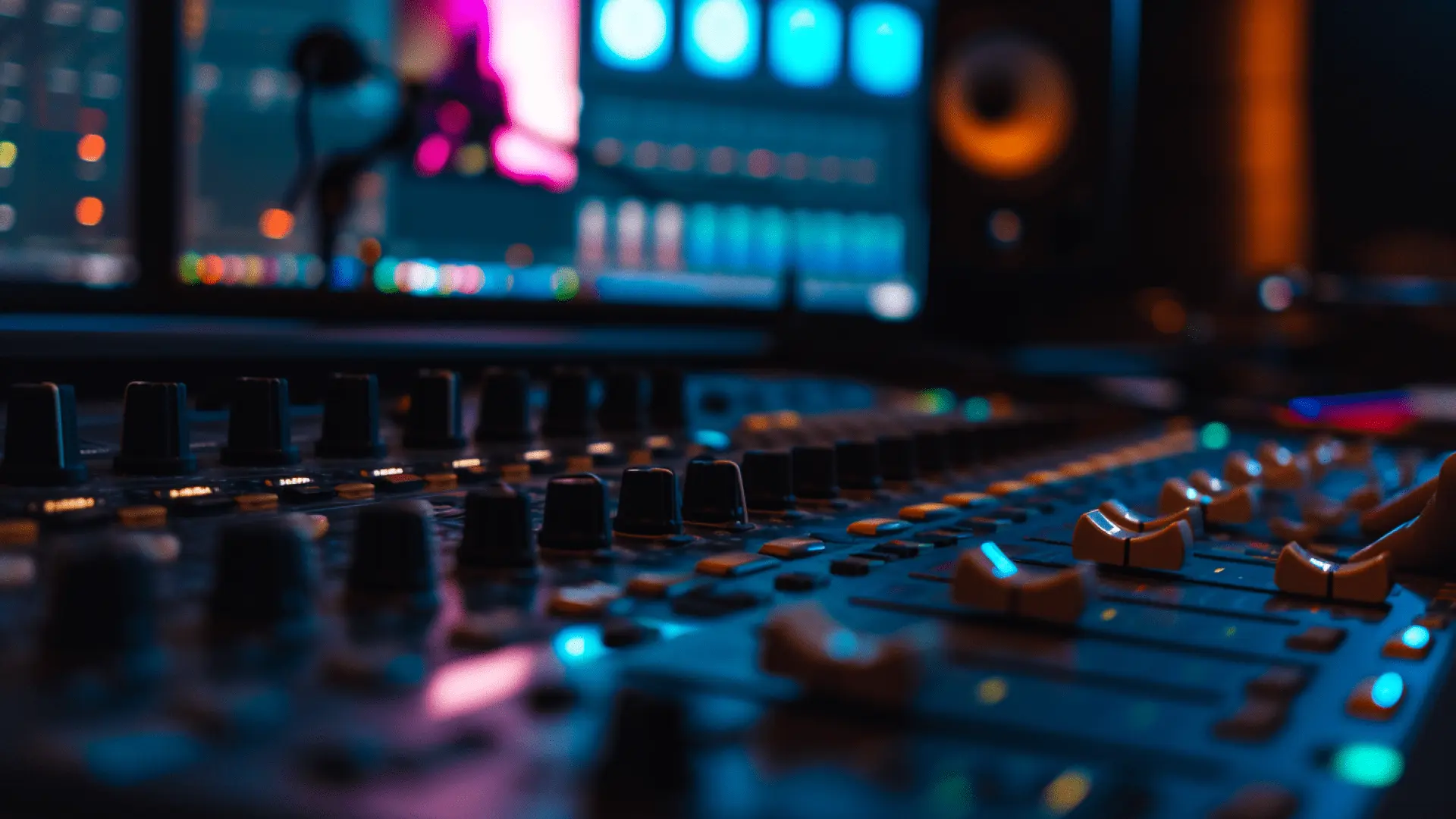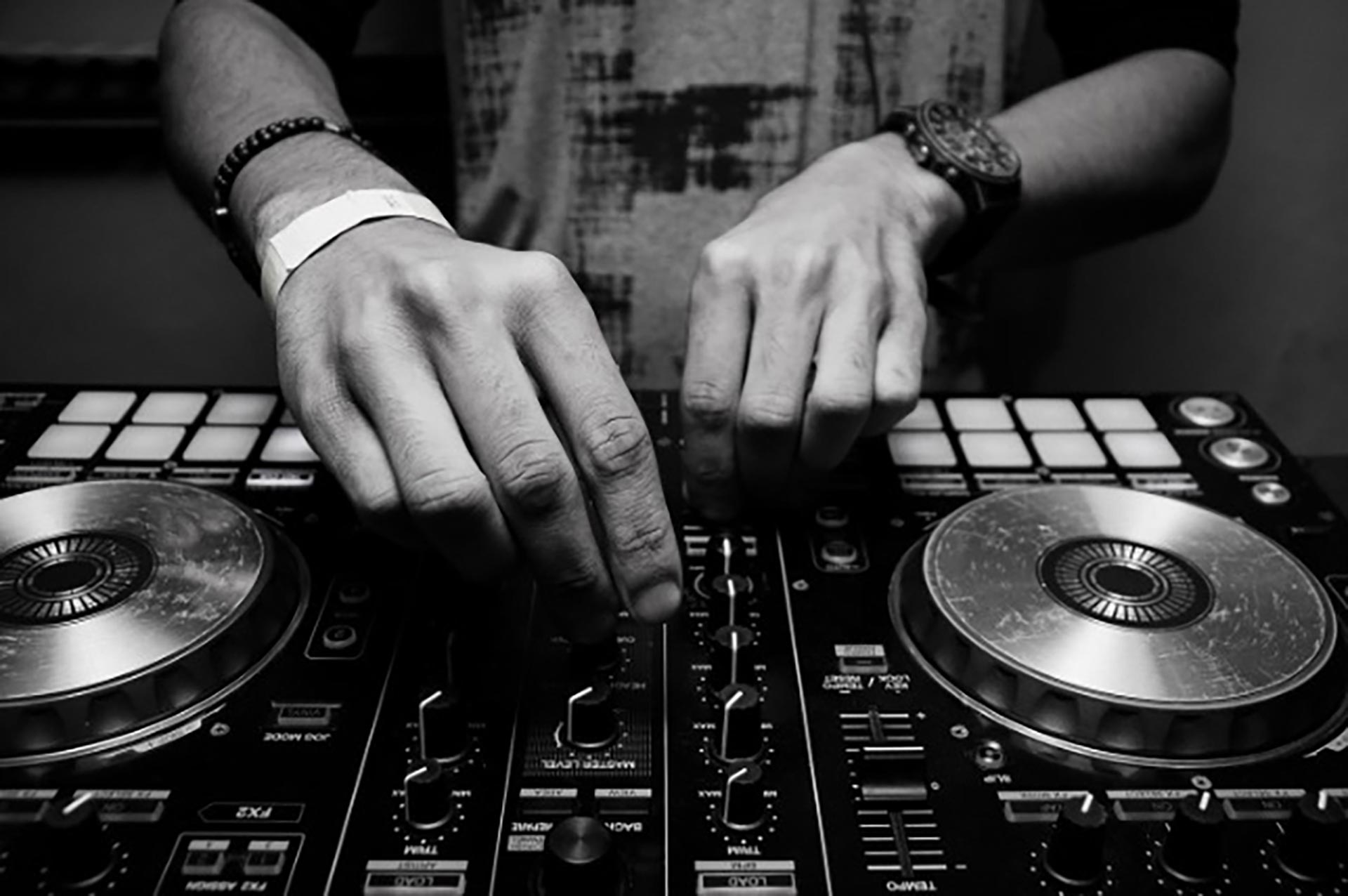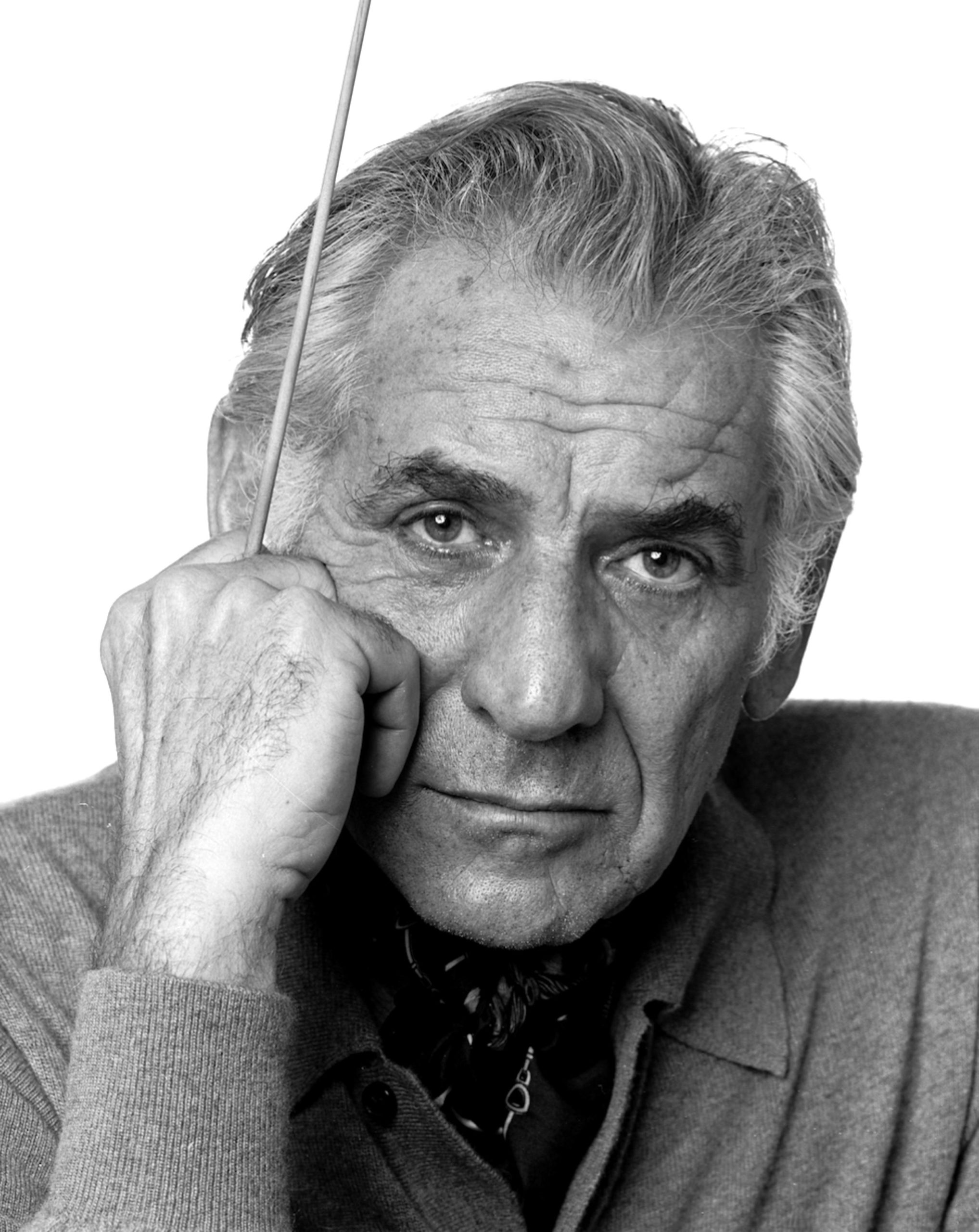The Importance of Practice: How Continuous Improvement Can Transform Your Musical Creation

The Essential Role of Practice in Music
Practice is more than just a routine; it’s a transformative process that can redefine your musical journey. Whether you are honing your skills on a guitar, piano, or any other instrument, consistent practice fosters growth and innovation. Here’s why continuous improvement is vital in musical creation:
- Skill Development: Regular practice sharpens technical abilities and enhances musicality. For instance, a guitarist who practices scales daily will not only improve speed but also develop a better ear for melody and harmony, making them more versatile in different playing situations. Similarly, a pianist who dedicates time to finger exercises can achieve a level of dexterity that allows for more complex compositions.
- Creativity Boost: Engaging with your instrument daily inspires originality in your compositions. Musicians often find that the more they play, the more inventive they become. For example, a drummer might stumble upon a unique rhythm through exploration during practice, leading to the creation of entirely new tracks. This is the essence of innovation in music—freedom and familiarity with your instrument can lead to breakthroughs.
- Confidence Building: Mastery over your craft leads to greater self-assurance in performances and recordings. This confidence can be especially crucial in live settings, where spontaneity plays a significant role. Imagine a singer, who embraces the challenges of vocal scales daily, confidently stepping onto a stage, ready to captivate an audience. This sense of assurance not only elevates their performance but also enhances the overall experience for listeners.
Moreover, the journey of learning is characterized by various stages of development. Musicians, whether beginners or seasoned artists, can benefit from setting specific goals during practice. Consider focusing on:
- Challenging new pieces—this encourages exploration of different techniques and styles, pushing musical boundaries.
- Refining technique and dynamics—understanding the subtle nuances of play can transform the way pieces are interpreted, making each performance unique.
- Exploring different genres or styles—diversity can enrich a musician’s repertoire, allowing them to draw inspiration from a broader spectrum of influences.
By incorporating these elements into your practice regimen, you not only enhance your skills but also pave the way for profound transformations in your musical creations. The path to mastery is paved with persistence and dedication, and understanding the importance of practice can unlock new dimensions in your artistry. Additionally, it may be worthwhile to connect with other musicians or join local music groups. Engaging in this community can offer fresh perspectives and valuable feedback, enriching your practice sessions even further. The investment in practice can lead to not just enhanced personal enjoyment, but also a deeper connection with the music you create and share.
DISCOVER MORE: Click here to dive deeper
Unleashing Potential Through Consistent Practice
In the world of music, consistent practice is the cornerstone of development and artistry. It is a common belief that true talent emerges naturally; however, the reality is much different. Musicians who dedicate themselves to a regular practice schedule oftentimes witness incredible transformations in their abilities and musical expression. Understanding this essential role of practice can help any artist realize their full potential.
One of the most significant benefits of regular practice is the ability to build muscle memory. This physiological phenomenon allows a musician to perform complex pieces almost instinctively. As fingers glide over keys or strings, the brain retains the information, making it easier to reproduce not just the notes, but the emotions and nuances inherent in music. Pianists who regularly pound out challenging pieces find their fingers moving with precision, while guitarists become adept at swift chord changes, allowing them to experiment freely without hesitation. The enhancement of these reflexes leads to an overall improvement in performance quality.
Furthermore, practice encourages a deeper engagement with musical theory. Musicians who take the time to explore theoretical concepts during practice often discover how these ideas play into their songwriting and compositions. For example, understanding chord progressions and scales can inspire creative songwriting, as artists can manipulate these elements to evoke different feelings and atmospheres in their work. This scientific dive into music may seem daunting at first, but with continuous practice, it can become a source of exploration and inspiration.
In addition to technique and theory, much can be said about the emotional connection that practice fosters. Musicians dedicate hours to perfecting their craft, and in doing so, they develop a personal relationship with their music. This emotional investment often translates to powerful performances, as the artist’s own feelings resonate through the notes they play. Take, for example, a violinist who regularly practices a particular piece; as they refine each passage, they infuse it with their own experiences and sentiments. The deep connection created through repetitive practice helps musicians transfer their internal emotions into creativity, improving their overall expressive capabilities.
- Consistency is Key: Establishing a routine can amplify improvements in technique, creativity, and emotional connection. Consider dedicating specific time blocks each day or week to practice specific elements of your craft.
- Mindset Matters: Approach practice with an open mind, ready to embrace mistakes as learning opportunities. A growth mindset fosters resilience and curiosity in your musical journey.
- Seek Feedback: Regularly share your practice outcomes with trusted peers or mentors. Constructive criticism can provide insights to accelerate growth that might go unnoticed in solitary sessions.
In summary, the journey of continuous improvement is not just about acquiring new skills; it’s about transforming the very essence of your musical identity. By integrating dedicated practice into your routine, you lay the groundwork for a dynamic and rewarding musical creation process. As the adage goes, “practice makes perfect,” but when pursued thoughtfully, it can lead to far greater mastery and innovation in the realm of music.
| Advantage | Description |
|---|---|
| Enhanced Technique | Regular practice allows musicians to refine their skills, resulting in greater precision and control over their instrument. |
| Creative Exploration | Through consistent effort, musicians can experiment with various styles, leading to innovative sounds and compositions. |
| Confidence Building | The more a musician practices, the more confident they become. This self-assurance translates into stronger performances. |
| Goal Setting | Continuous practice helps musicians set realistic goals, fostering a sense of achievement as they reach milestones. |
In the realm of music, continuous improvement through practice is not merely a routine to be followed; it is a transformative journey that enhances both skill and creativity. As musicians immerse themselves in their craft, they not only improve technical proficiency but also open pathways to self-expression and artistic growth. Regular practice establishes a foundation where techniques evolve, allowing artists to push the limits of their creativity. It’s essential to understand that the benefits extend beyond personal satisfaction. Musicians who engage in persistent practice often find themselves enveloped in a supportive community that values growth as much as performance. Collaboration, learning from peers, and sharing experiences further enrich this ongoing cycle of improvement. The concept of practice becomes a lifestyle, leading to a deeper connection with the music and the audience.Ultimately, every note played and every chord mastered is a reflection of dedication, revealing how continuous improvement can transform not just musical creations, but the very essence of the artist themselves. Embracing this philosophy can lead musicians to discover new realms in their art, expanding horizons and fostering a lasting passion for their musical journey.
DIVE DEEPER: Click here to discover the therapeutic power of writing
Cultivating Creativity Through Experimentation
While disciplined practice is often associated with building technical skills, it’s also vital for fostering creativity. Musicians who engage in continuous improvement are not restricted to mere replication of existing pieces; rather, they frequently find themselves inspired to innovate and explore uncharted territories within their art. When musicians practice regularly, they harness the ability to combine their skills with creativity, leading to unique compositions that reflect their artistic voice.
One effective approach to enhance creativity is through improvisation. By setting aside time during practice to experiment with spontaneous music creation, musicians can break free from the constraints of sheet music. This impromptu expression allows artists to discover new sounds, melodies, and rhythms. For instance, jazz musicians often credit their innovative sound to hours of improvisation, where they learn to let go of preconceived notions and allow their instinct to guide their musical decisions. Embedding improvisation into a practice routine can open doors to bold musical expressions and encourage risk-taking in composition and performance.
Additionally, practice can serve as a platform for self-discovery and exploration of one’s musical identity. Every note played or passage revised reveals something new about an artist’s preferences, strengths, and areas for growth. For example, a musician may find themselves gravitating towards certain genres during practice, leading to experimentation with cross-genre fusions that might not have been considered otherwise. This evolving relationship with their music cultivates a deeper understanding of their influences and personal style while simultaneously pushing their creative boundaries.
Listening is another integral part of the practice that can significantly impact one’s creative journey. Musicians who actively incorporate listening sessions into their routine can gain insights from diverse styles and techniques used by others. By analyzing how their favorite artists approach songwriting or how they navigate complex compositions, musicians can adopt and adapt these methods to enhance their own creations. This cross-pollination of ideas can not only boost creativity but also inspire musicians to take daring steps in their artistic expression.
- Exercise Musical Timing: Spend time focusing on rhythm and tempo variations. Experimenting with different time signatures can yield unexpected and exciting results in your compositions.
- Create Challenges: Set specific goals or challenges for each practice session. For instance, write a new song using only one chord progression or create a piece in a genre you are unfamiliar with.
- Record Yourself: Regularly recording your practice sessions can provide invaluable feedback. Hearing your progress from an outsider’s perspective may unlock ideas for refinement in both technique and creativity.
Furthermore, the discipline of practice engenders mental resilience. Artists often face artistic blocks and self-doubt, yet continuing to practice even in challenging times can strengthen their resolve. This mental fortitude enables musicians to persevere through creative droughts, ultimately fostering a spirit of innovation and perseverance. The transformative power of practice extends beyond the music itself, as it shapes the mindset and emotional framework of the artist.
In a world characterized by rapid changes in musical trends and technology, the importance of continuous improvement through practice cannot be overstated. Whether it’s refining technique, nurturing creativity, or developing psychological resilience, the act of practicing serves as a catalyst for growth in the dynamic lifecycle of musical creation. Engaging thoughtfully in this process sets the stage for musicians to make a lasting impact in the realm of music.
DIVE DEEPER: Click here to discover the psychological and emotional benefits of body expression
Conclusion
In the intricate tapestry of musical creation, the significance of diligent practice shines as a thread that binds technical proficiency with artistic innovation. Musicians who commit to continuous improvement not only refine their skills but also unlock the doors to unparalleled creativity and self-exploration. Through regular practice, artists cultivate a fertile ground for experimentation, embracing spontaneity and allowing their instinctual voice to guide them, which leads to the creation of distinct and dynamic compositions.
Moreover, the journey of practice transcends simple repetition—it’s a journey of self-discovery. Each session is an opportunity to discover one’s unique musical identity, unearthing hidden influences and areas ripe for growth. By embedding activities like improvisation, listening, and personal challenges into practice routines, musicians can challenge themselves to think outside conventional boundaries, fostering a mindset that thrives on exploration and brave expression.
Importantly, resilience developed through consistent practice reinforces the psychological aspect of musical artistry. The ability to push through artistic blocks or moments of self-doubt is essential for long-term success in an ever-evolving industry. As musical trends shift and technology advances, the role of practice as a vehicle for transformation becomes increasingly critical.
Ultimately, the act of engaging in thoughtful and purposeful practice stands as a pillar of growth, poised to redefine musical landscapes. By investing time and dedication into honing their craft, musicians are not just enhancing their technical abilities—they are sculpting their identity, revolutionizing their creations, and making a lasting impact in the vibrant world of music.



